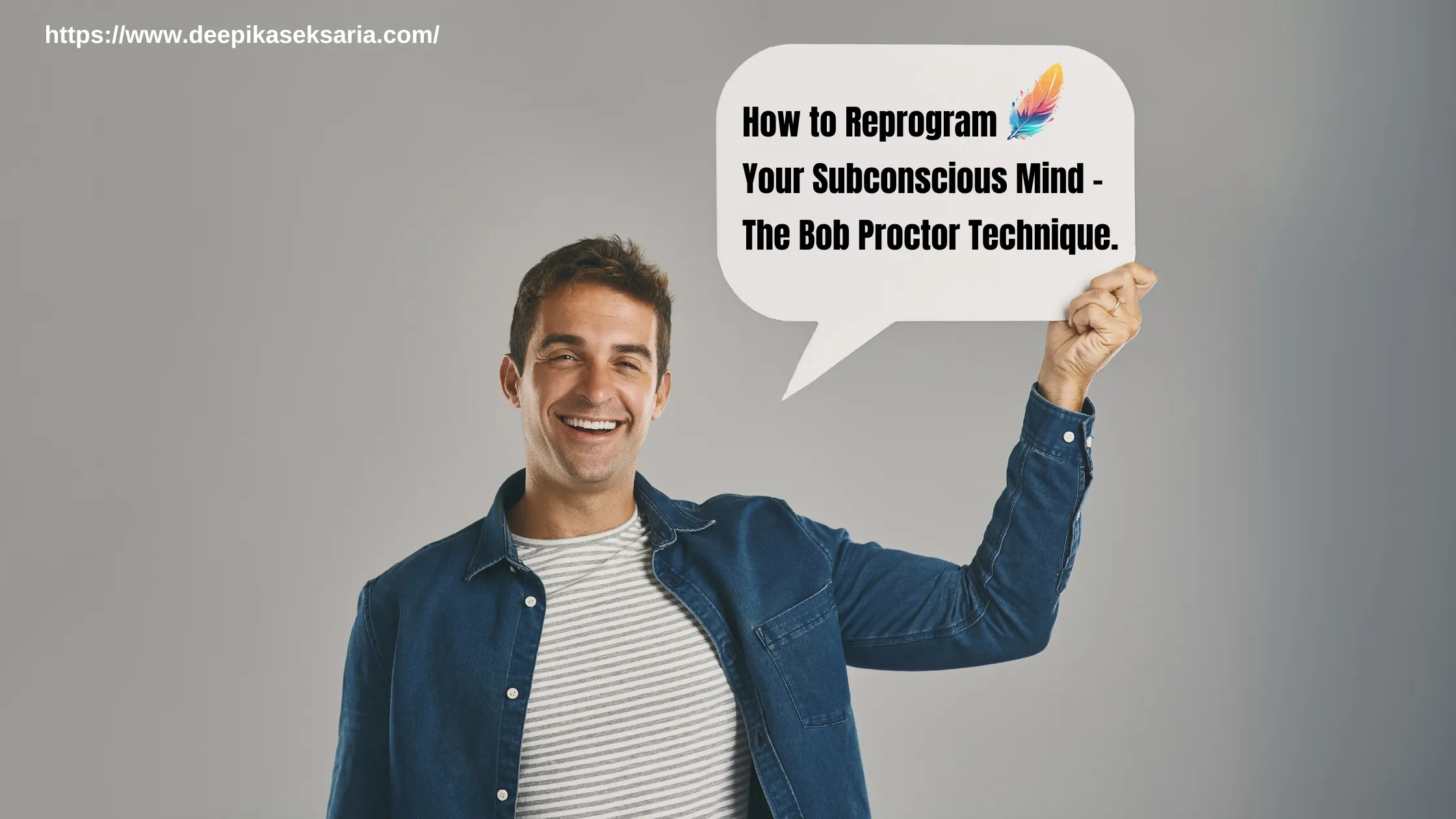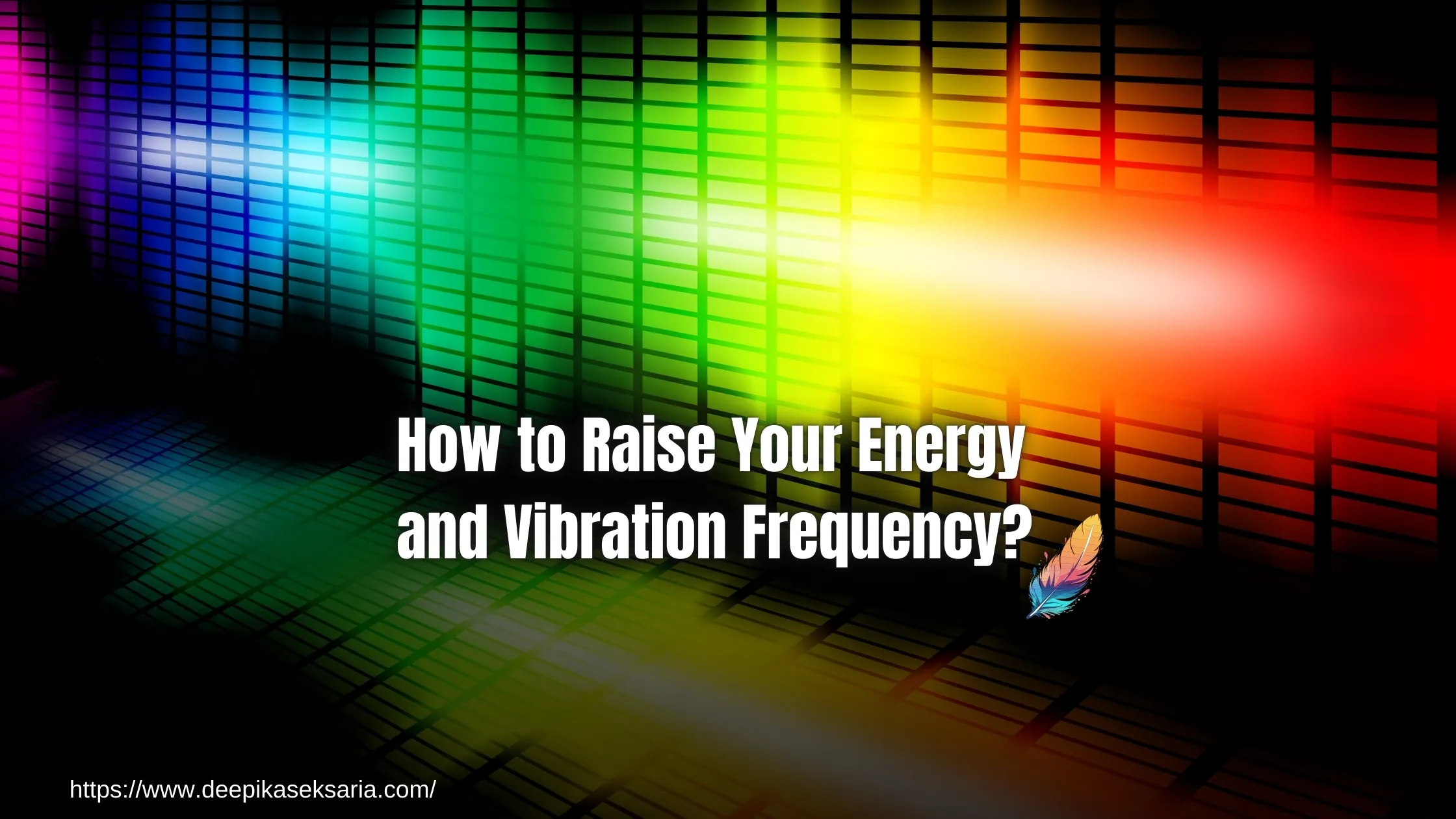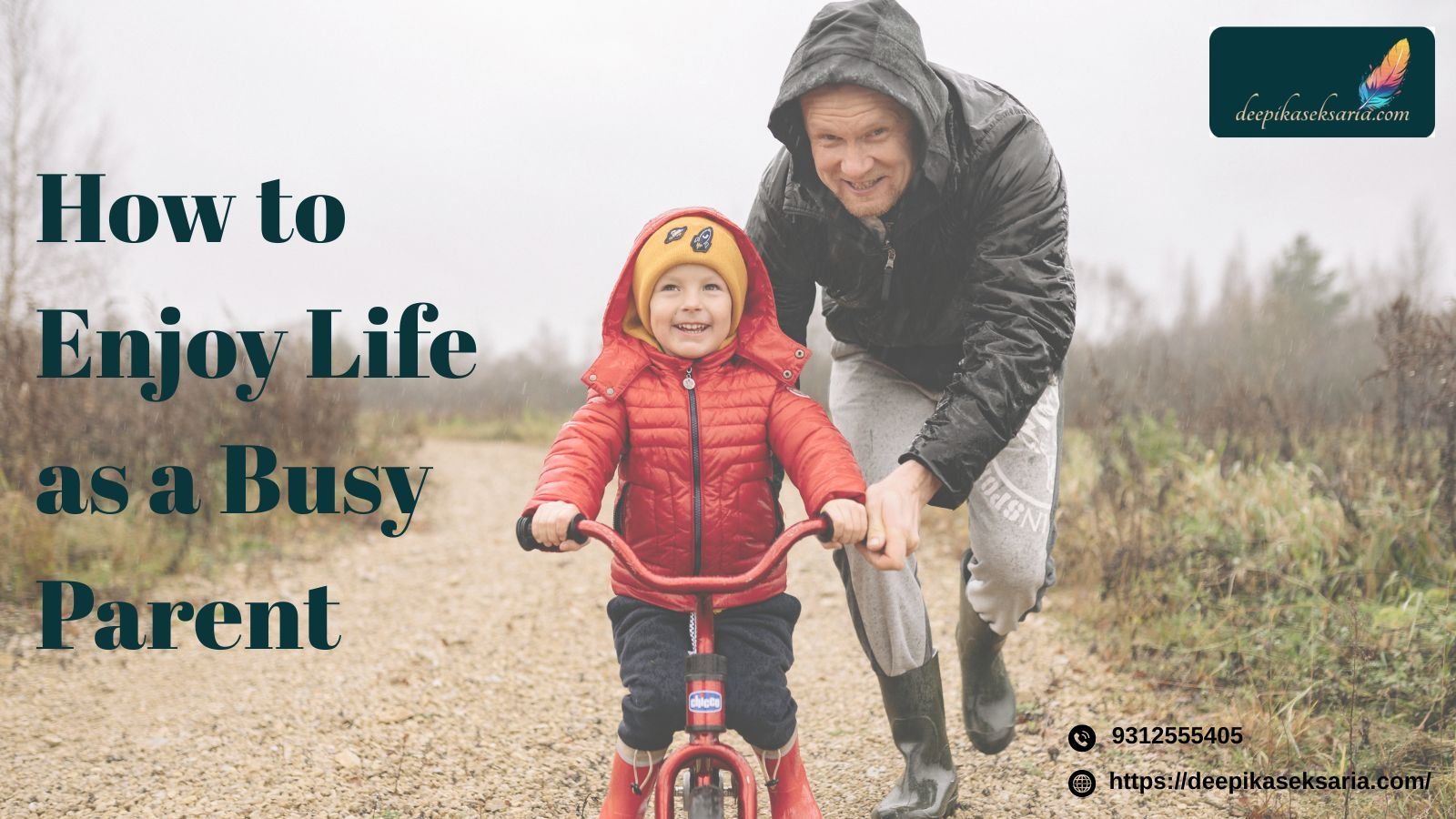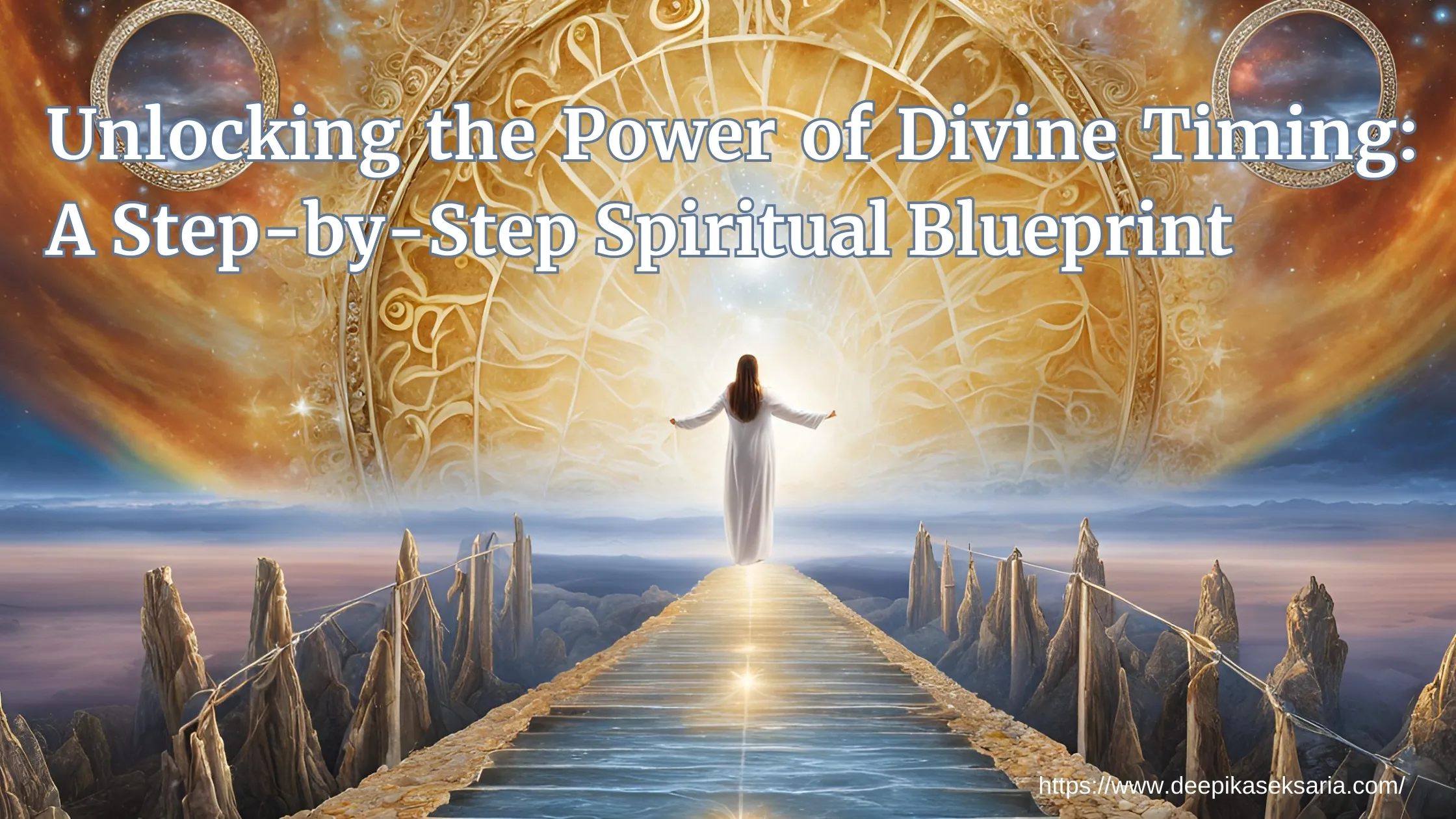Understanding the Principles of Reiki
Reiki is a healing practice that originated in Japan and is based on the belief that an unseen life force energy flows through all living beings. The word Reiki; itself translates to universal life energy.
This practice is rooted in the idea that when this energy is low or blocked, it can lead to physical, emotional, and spiritual imbalances. Reiki healing sessions aim to restore the flow of energy, promoting relaxation, balance, and overall well-being.
During a Reiki session, a practitioner places their hands on or just above the client’s body, allowing the energy to flow and unblock any energy imbalances. The practitioner acts as a conduit, channeling this universal life force energy to the recipient. It is important to note that Reiki is not a religious practice; it can be experienced and enjoyed by people of all backgrounds and beliefs.
Reiki is guided by five principles, which serve as a foundation for the practice. These principles
include:
✔️ Just for today, I will not be angry.
✔️ Just for today, I will not worry.
✔️ Just for today, I will be grateful.
✔️ Just for today, I will do my work honestly.
✔️ Just for today, I will be kind to every living thing.
These principles encourage individuals to focus on the present moment, cultivate positive attitudes, and promote a sense of inner peace and harmony.
The Science Behind Reiki Healing
While Reiki may be considered a complementary or alternative therapy, scientific research has started to shed light on its mechanisms and potential benefits. One aspect of Reiki that has been studied is the relaxation response it induces in the body.
During a Reiki session, the body’s stress response is often triggered, leading to a state of deep relaxation. This relaxation response can have a profound effect on the body, reducing heart rate, blood pressure, and promoting overall calmness. Studies have shown that this relaxation response can activate the body’s natural healing mechanisms and support overall well-being.
In addition to the relaxation response, Reiki may also have an impact on the body’s energy field. The human body is composed of energy fields, and disruptions or imbalances in these fields can lead to physical and emotional ailments. Reiki aims to restore the flow of energy, allowing the body to heal itself. While the scientific understanding of energy fields is still evolving, research has shown the potential of energy-based therapies, such as Reiki, in promoting healing and well-being.
Benefits of Reiki Healing Sessions
The transformative effects of Reiki healing sessions have been experienced by many individuals. This gentle and non-invasive form of healing has the potential to improve physical, emotional, and spiritual health. Let’s explore some of the key benefits of Reiki:
1. Stress Reduction and Relaxation
In today’s fast-paced world, stress has become a common factor in many people’s lives. Reiki offers a sanctuary of relaxation, allowing individuals to unwind and let go of the accumulated stress and tension. The deep relaxation induced by Reiki can have a cascading effect, promoting a sense of peace, calm, and overall well-being.
2. Emotional Healing and Balance
Emotional well-being is just as important as physical health. Reiki can help individuals release emotional blockages, promoting a sense of emotional healing and balance. The gentle energy flow during a Reiki session can facilitate the release of negative emotions, allowing individuals to experience a greater sense of joy, peace, and serenity.
3. Pain Relief and Physical Healing
Reiki has been reported to have positive effects on pain relief and physical healing. By promoting relaxation and reducing stress, Reiki can help alleviate physical discomfort and pain. The energy flow during a Reiki session can also stimulate the body’s natural healing mechanisms, supporting recovery from injuries, surgeries, and chronic conditions.
4. Boosting the Immune System
The immune system plays a vital role in protecting the body from illness and maintaining overall health. Studies have shown that stress can have a negative impact on the immune system, making individuals more susceptible to illness. Reiki’s ability to reduce stress and promote relaxation can support the immune system, enhancing its ability to function optimally and defend against pathogens.
5. Spiritual Growth and Introspection
Reiki is not just about physical and emotional healing; it also provides a space for spiritual growth and introspection. The deep relaxation and connection to universal life force energy can help individuals tap into their inner wisdom and intuition. This can lead to a greater sense of purpose, clarity, and spiritual awareness.
Reiki offers a holistic approach to healing, addressing the mind, body, and spirit. Its transformative effects can be felt on multiple levels, providing individuals with a renewed sense of well-being and vitality.
What to Expect During a Reiki Healing Session
If you are considering experiencing a Reiki healing session, it’s helpful to know what to expect. Reiki sessions are typically conducted in a peaceful and serene environment, with soft music playing in the background. Here’s a general outline of what happens during a Reiki session:
1. Initial Consultation: Before the session begins, the practitioner will have a conversation with you to understand your specific needs and any concerns you may have. This consultation allows the practitioner to tailor the session to your unique requirements.
2. Preparation: You will be asked to lie down on a comfortable treatment table, fully clothed. The practitioner may provide pillows or blankets for added comfort. It’s important to wear loose and comfortable clothing to allow for ease of movement and energy flow.
3. Energy Flow: The practitioner will gently place their hands on or just above your body, starting from the head and moving down to the feet. They may use a variety of hand positions, holding them in place for a few minutes before moving to the next position. The energy flow during a Reiki session is often described as a warm or tingling sensation.
4. Sensations and Reactions: It’s common to experience various sensations during a Reiki session, such as warmth, coolness, or a gentle pulsing. Some individuals may also have emotional releases or feel a sense of deep relaxation. It’s important to allow yourself to fully
experience these sensations without judgment.
5. Closing the Session: Once the energy flow is complete, the practitioner will gently guide you back to a state of wakefulness. They may offer you a glass of water to help ground and rehydrate your body. This is also an opportunity to discuss any insights or experiences you
may have had during the session.
Each Reiki session is unique, and the experience can vary from person to person. It’s essential to approach the session with an open mind and a willingness to receive the healing energy.
Integrating Reiki Into Your Daily Life
While Reiki healing sessions offer profound healing experiences, the benefits of Reiki can also be integrated into your daily life. Here are some ways to incorporate Reiki into your routine:
1. Self-Reiki:
Learn self-Reiki techniques to practice on yourself daily. This can involve placing your hands on different parts of your body and allowing the energy to flow. Self-Reiki can be a powerful tool for self-care, stress reduction, and maintaining balance.
2. Meditation and Mindfulness:
Combine Reiki with meditation or mindfulness practices. Set aside time each day to connect with your breath, quiet your mind, and invite Reiki energy to flow through you. This can help you stay grounded, centered, and in tune with your body’s needs.
3. Reiki-infused Affirmations:
Use positive affirmations and combine them with Reiki energy. Create affirmations that resonate with your goals and aspirations, and repeat them while visualizing Reiki energy flowing through you. This can help reinforce positive beliefs and support your personal growth.
4. Energy Cleansing:
Clear your energy field regularly to release any stagnant or negative energy. You can do this by smudging with sage, using crystals, or simply visualizing a stream of cleansing Reiki energy washing away any energetic debris.
5. Gratitude Practice:
Cultivate a daily gratitude practice and infuse it with Reiki energy. Take a few moments each day to reflect on what you are grateful for and allow the Reiki energy to amplify those feelings of gratitude. This can help shift your focus towards positivity and abundance.
By integrating Reiki into your daily life, you can experience its transformative effects on a continuous basis, fostering a deeper sense of well-being and connection.
Reiki Healing for Specific Conditions
Reiki is beneficial for a wide range of conditions and ailments. While it is not a substitute for medical treatment, it can complement traditional healthcare approaches. Here are some specific conditions that Reiki may help with:
1. Chronic Pain:
Reiki can provide relief for individuals dealing with chronic pain by promoting relaxation, reducing stress, and supporting the body’s natural healing processes. It can be used in conjunction with other pain management strategies to enhance overall well-being.
2. Anxiety and Depression:
Reiki’s calming and soothing effects can help alleviate symptoms of anxiety and depression. It can provide individuals with a sense of inner peace, reduce stress levels, and promote emotional healing.
3. Sleep Disorders:
Reiki can support better sleep by inducing a state of relaxation and calming the mind. Regular Reiki sessions can help individuals achieve a more restful and rejuvenating sleep.
4. Digestive Issues:
Reiki may help individuals with digestive issues by reducing stress, promoting relaxation, and supporting the body’s natural healing processes. It can help restore balance to the digestive system and enhance overall well-being.
5. Immune System Support:
Reiki’s ability to reduce stress and promote relaxation can support the immune system, enhancing its ability to function optimally. Regular Reiki sessions may help individuals stay healthy and ward off illness.
It’s important to note that Reiki is a complementary therapy and should be used in conjunction with appropriate medical care. If you have any specific health concerns, always consult with your healthcare provider before incorporating Reiki into your wellness routine.
Conclusion: Embracing the Transformative Power of Reiki In a world filled with stress and anxiety, Reiki offers a path to healing and transformation. Its gentle and non-invasive nature makes it accessible to individuals of all backgrounds and beliefs. The transformative effects of Reiki can be experienced on multiple levels – physical, emotional, and spiritual.
Through Reiki, individuals can reduce stress levels, enhance relaxation, relieve pain, and boost the immune system. It provides a sanctuary for self-healing and introspection, allowing individuals to tap into their inner wisdom and cultivate a greater sense of well-being.
If you are seeking natural and holistic approaches to healing, consider exploring the power of Reiki. Find a qualified practitioner, experience the transformative effects firsthand, and embrace a journey of self-discovery and personal growth. Reiki has the potential to unlock your inner healing abilities and bring about positive change in your life.
So why not take the first step towards embracing the transformative power of Reiki? Open yourself to the healing energy and unlock its potential to enhance your physical.
For more info visit: https://blisshealing.com.au/reiki/
[/fusion_text][/fusion_builder_column][/fusion_builder_row][/fusion_builder_container]A quick overview of the topics covered in this article.

























